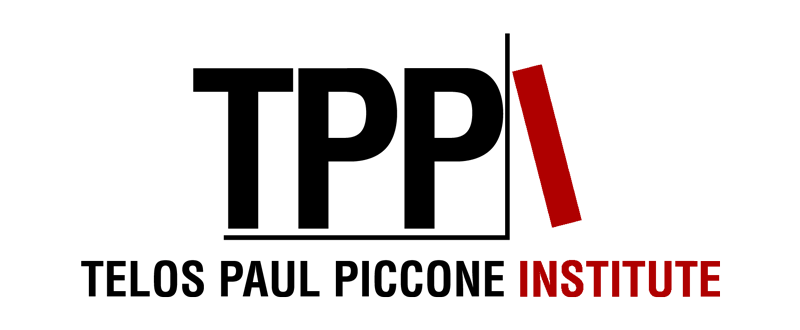The 2018 Telos Europe Conference
Friday, August 31, to Sunday, September 2, 2018
Ragusa, Sicily
The Endurance of Empire
View the conference program (PDF)
Conference Description
The end of the two world wars saw the fall of mighty empires—from the Tsarist Empire, the Kaiserreich and the Ottoman Empire to the Third Reich and the Japanese Empire. This was followed by the dissolution of the French and British empires in the 1950s and 1960s. After 1989, the demise of the Soviet Union—dubbed the "evil empire"—seem to confirm the triumph of liberal democracy over tyranny and of national independence over imperial domination. The age of revolution from 1789 to 1989 appeared to mark the end of empire.
But at the same time, the post–Cold War era is often characterized as the hegemony of the Anglophonic liberal empire led by the United States of America. Officially, the United States denies that it is in the business of building an empire, arguing that the independent United States came into existence precisely to throw off the shackles of colonial rule and to fight imperialism everywhere. Donald Rumsfeld famously said in 2003, "We don't seek empires. We're not imperialistic. We never have been." In the same year however, Karl Rove—adviser to George W. Bush's—was quoted as saying that "We're an empire now, and when we act, we create our own reality."
According to the historian Niall Ferguson, "the United States is an empire in denial, and U.S. denial of this poses a real danger to the world. An empire that doesn't recognize its own power is a dangerous one." If so, then this has implications for Trump's America and just as much for both contemporary Russia and China. Putin's actions in Crimea, Ukraine, and Syria suggest that there is a profound continuity with the Soviet Union and Tsarist Russia. And the "Chinese Dream" invoked by Xi Jinping is the idea that the "Middle Kingdom" will regain what many in China see as her ancient birth-right since the Qin dynasty—a global primacy at the heart of world affairs.
Much of nineteenth- and twentieth-century philosophy and history focused on the decline and fall of empires and civilizations. Faced with the resurgence of imperial politics, a question for the twenty-first century is rather about the endurance of empire both in theory and practice. From Michael Hardt and Antonio Negri's conception of empire as multitude via Pierre Manent's work on the metamorphoses of Western political organization to ideas of liberal empire in International Relations (John Ikenberry or Michael Ignatieff), the attempt to renew this theme requires critical engagement.
Today there is a further twist. Alongside the resurgence of old empires and the emergence of new ones, we are also witnessing the return of nationalism and a reaffirmation of the nation-state as the natural locus of sovereignty. Brexit and the election of Donald Trump reflect popular unrest and a rejection of dominant elites in the name of "taking back control" and "making America great again"—a consequence of the liberal imperium. This raises questions about the endurance of both nationalism and imperialism. Appeals to imperial traditions have often met with ridicule. "Neither holy, nor Roman, nor an empire," Voltaire quipped. Yet this ignores long-standing continuities in terms of both ideas and institutions, which were marginalized by revolutions but never entirely destroyed.
The 2018 Telos Europe conference will explore the endurance of empire, its nature and meaning. Among others, the questions that will be debated include the following: Are we witnessing the resurgence of old empires or the formation of new ones? Are empires based on economic power and military might, or on ideology and cultural appeal? Winston Churchill remarked that the empires of the future would be "empires of the mind." Can power be contained or is it inherently imperial?
The specific topics of the conference include, but are not limited to, the following:
- The meaning of empire and imperial power
- The legacy of empire
- Westphalia and the rise of national states and transnational markets?
- Empire, church/mosque/temple/synagogue, and city-state as alternatives to the Westphalian system of states and markets?
- The Atlantic West as a liberal empire? Are liberalism and empire contradictory or compatible?
- Western vs. non-Western empires (Russia, China, Muslim caliphate)
- Old and new empires—ideology and cultural appeal
- Nationalism, imperialism, and capitalism
- Contemporary conceptions of empire in philosophy, politics, and IR
Conference Speakers
Speakers will include:
Russell Berman (Stanford University and Telos)
Wayne Hudson (Charles Sturt University, Australia)
Timothy W. Luke (Virginia Tech and Telos)
Adrian Pabst (University of Kent and Telos)
David Pan (University of California, Irvine, and Telos)
Nicholas Rengger (St. Andrews University)
Richard Sakwa (University of Kent)
Andrew Wender (University of Victoria)
